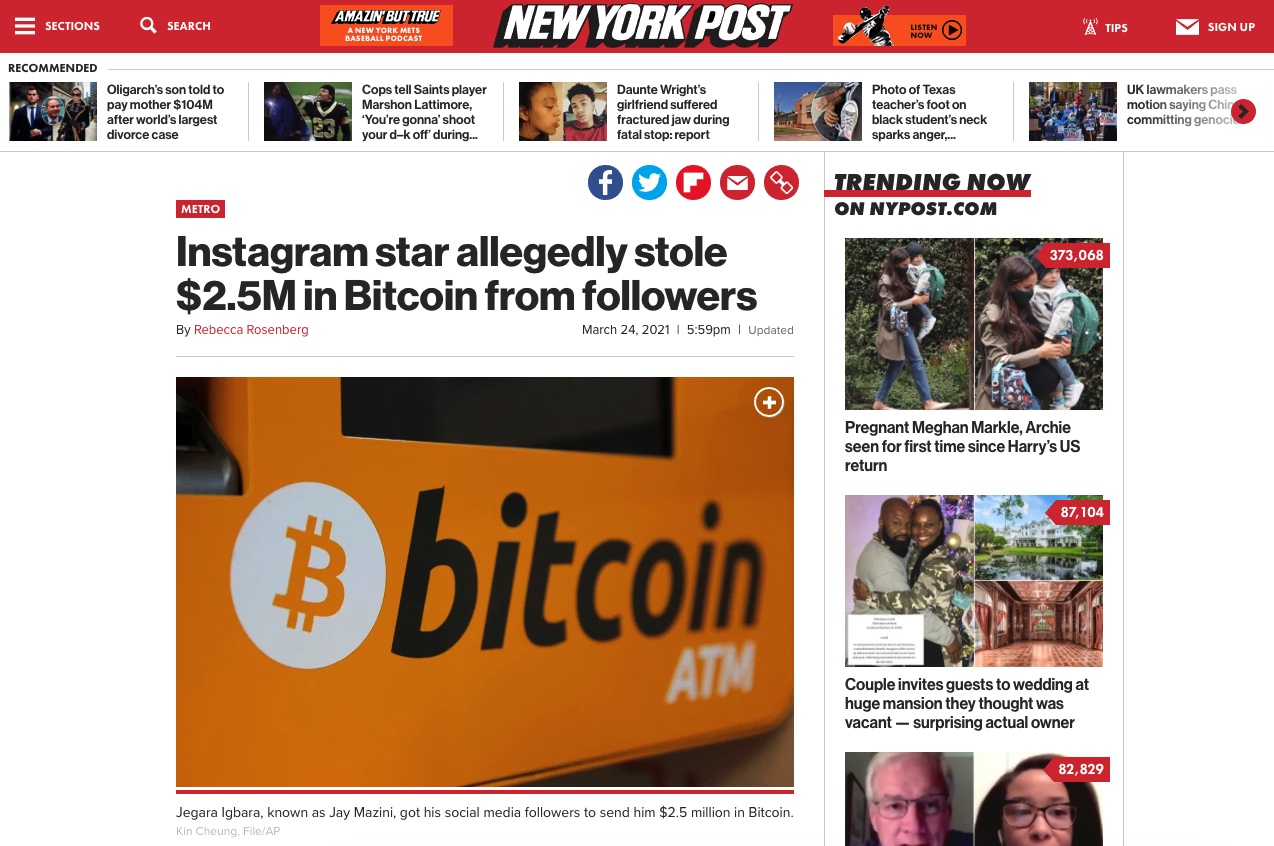Lawyers For SNAP Dismissal of Trafficking Charges
SNAP is one of the foundations of any retail business in the modern world. Nearly all retailers rely on this form of payment in some way. For a significant percentage of retailers, SNAP can be a considerable portion of their income and help the store remain profitable. This is why all retailers need to pay close attention to the kind of issues that may arise if SNAP issues develop during the course of their workday. SNAP is a heavily monitored program. State and national officials want to ensure that the funds they have provided for recipients are used as required by law.
They also want to make sure that all retailers who work with recipients understand exactly what the program means for those who get access to it. A retailer needs to know what to do from the very day they decide to accept these form of payments. They need to make sure that all those involved in any form of SNAP processing are aware of the program’s limits and the potential for fraud. SNAP fraud can take many forms. Program officials check the stores on a routine basis. One of the most common forms of fraud is what is known as trafficking.
It is very important for all those accused of this form of violation to understand that is it a serious violation. Even a single allegation of trafficking can carry heavy penalties. A retailer who is accused of an issue like this may be told they are unable to accept any further SNAP payments for years. They may also be finally told they simply can’t participate in this program. In addition, the retailer may also be facing not only huge fines but also the ultimate possibility of a prison term if they should be convicted of this offense. It is also important to understand exactly what a charge of SNAP trafficking actually means to the retailer. Laws can be confusing and unclear. They can also vary by state. However, any kind of allegation of this kind can and should be taken seriously by all retailers.
Common SNAP Violations
SNAP violations can be quite extensive. If you are caught selling red wine, or glass pipes, it can destroy your store. Even accidentally accepting a single item that is not covered under the program is considered an offensive under the law. Someone at the store may accept SNAP for a certain amount of cash that is less than the value of the monthly benefit. In turn, they can use those card for their own purpose. The retailer may give out cash for a certain amount of cash and then submit them to the government for reimbursement. A retailer may also be submitting inaccurate information to the state. An employee may also steal the cards for their own personal use or steal the information the cardholder has and then use it for their own purposes.
Unlike other forms of payment, the cards used in SNAP, known as EBT or Electronic Benefits Transfer cards, have lots of imposed limitations. They cannot be used to purchase certain items such as alcohol or tobacco. Trafficking seen under law as engaging in illegal transactions related to SNAP cards. These include buying or selling such cards. They also include stealing or allowing people to SNAP benefits in return for cash or for items that are not allowed under the terms of the program.
If You are Charged
All those who own a retail store that accepts this form of payment should be aware of the issues that may arise if they have problems. As SNAP payments can be a large source of income, the possibility of losing access to the program can be a major obstacle. Any retailer who is faced with this issue will only have a few days to respond to charges. A letter will go out to the retailer indicating the charges are being filed. It is important to keep in mind that the charges may also include issues such as criminal charges. The retail may not only have to deal with the potential loss of money because they are no longer able to participate in the world of SNAP payments. They also need to keep in mind that the government may ultimately threaten them with going to prison.
The first step on the road to this process is a letter. A letter can get to your store at any time. The government may report a minor charge. They can also send you a long list of issues that you might have violated over the course of operating your store. This letter is often quite detailed and may go on for many pages. The charges of trafficking are considered some of the most serious violations of the SNAP program. At this point it is best to consult with a lawyer.
A lawyer will start by responding in writing to the United States Department of Agriculture. At that point, the USDA will respond to your defense. The lawyer is there to respond in writing to all communications related to the allegations. At this point, the USDA will send off a second letter indicating if you are going to face temporary suspension, permanent suspension or a large fine. It is imperative to respond as soon as you can. A lawyer will handle all of your paperwork and make sure any issues are refuted in a timely matter. This will help you fight against any trafficking allegations.















